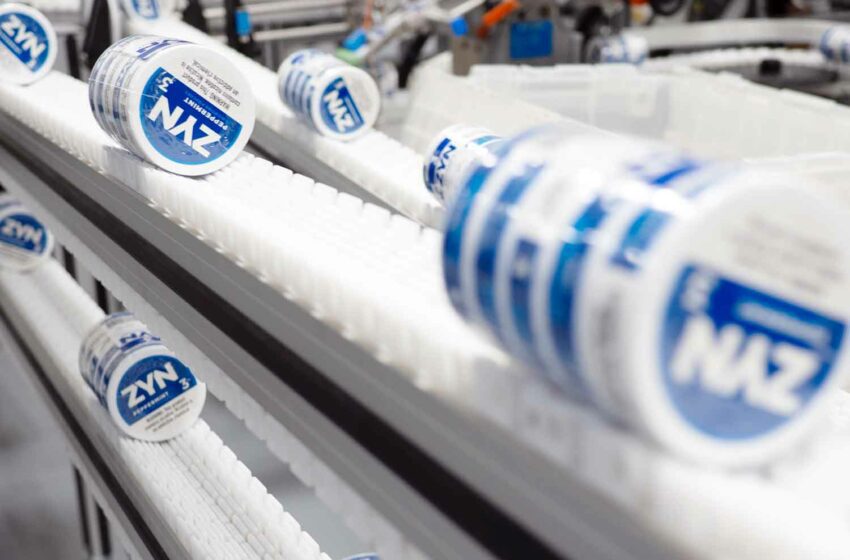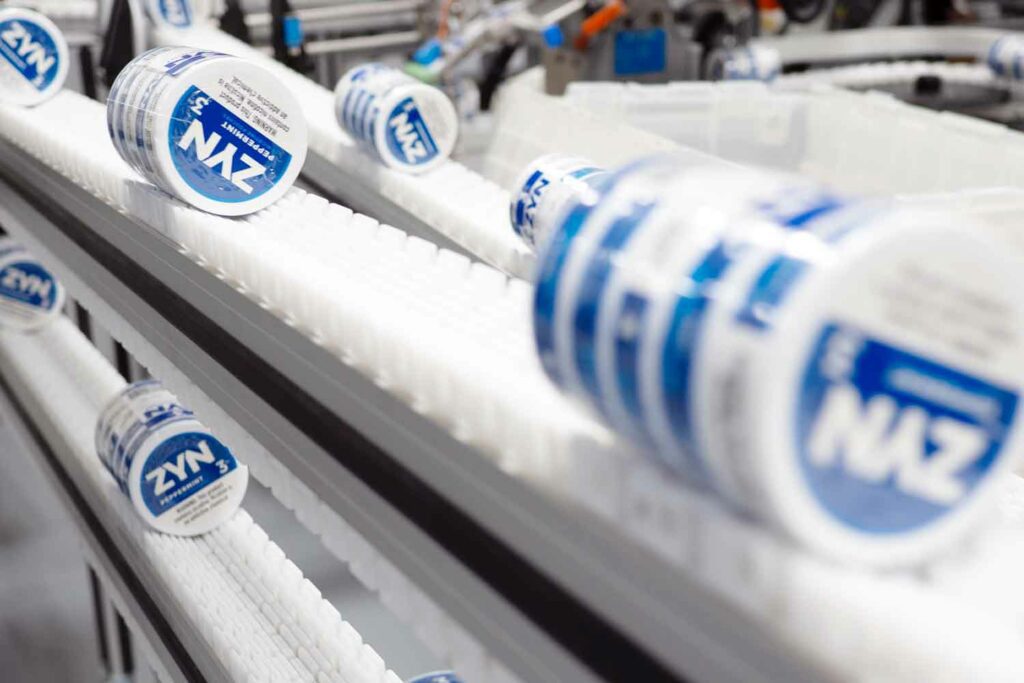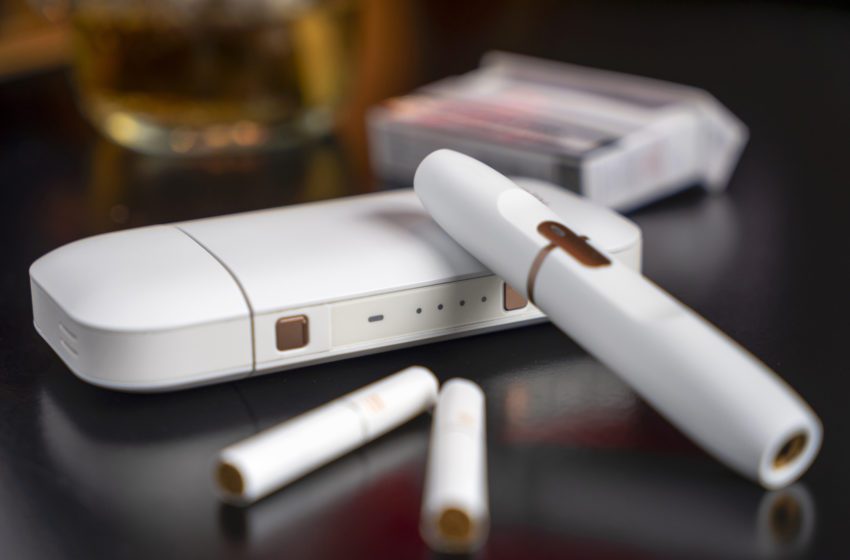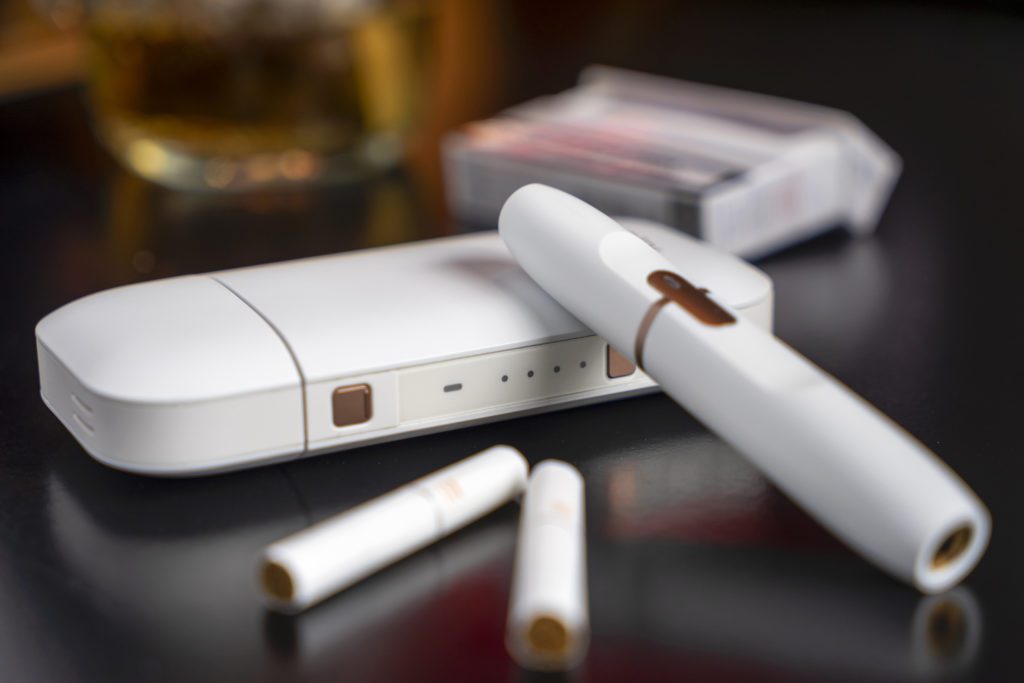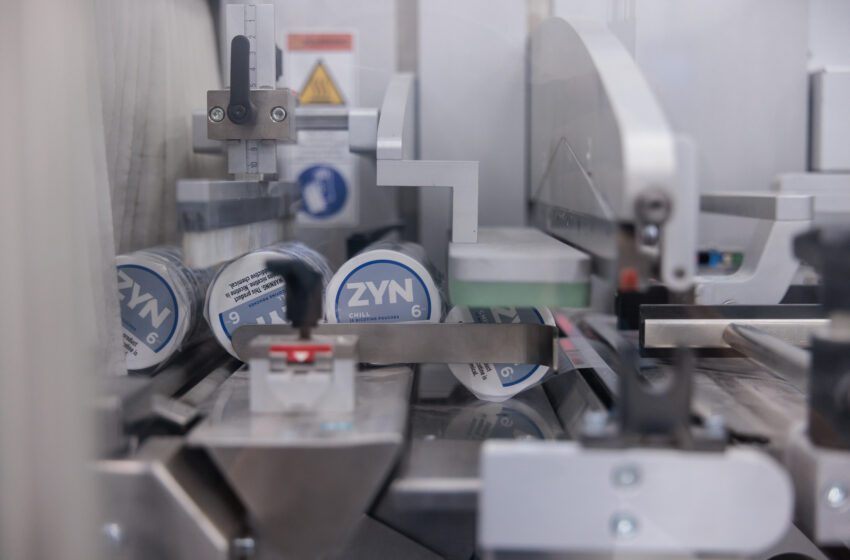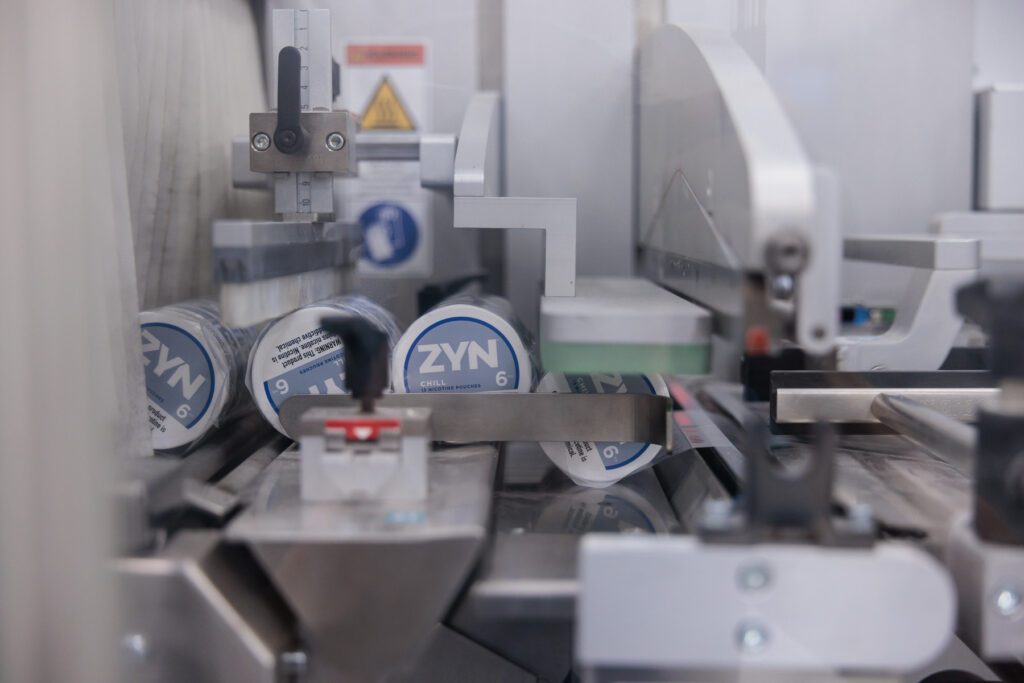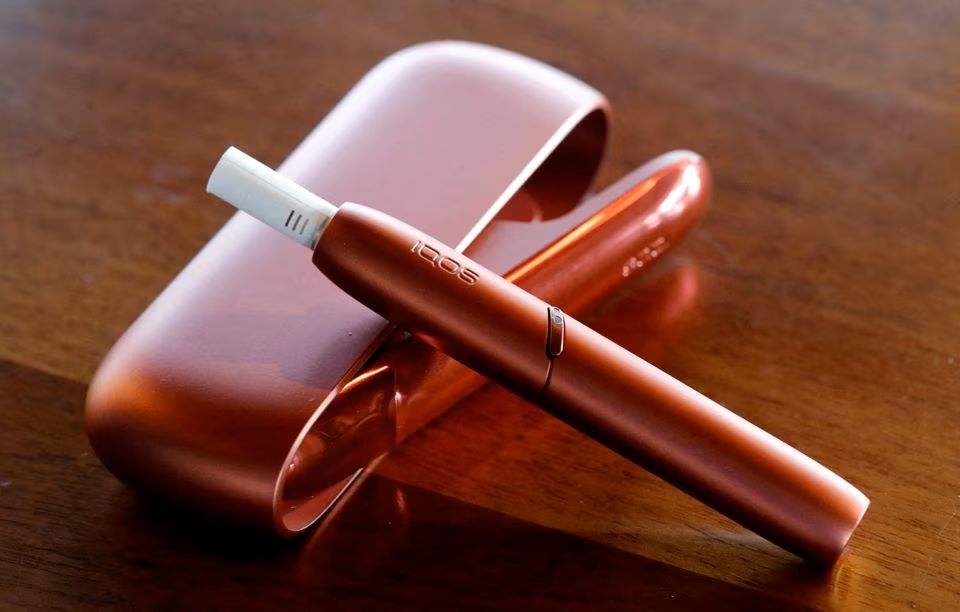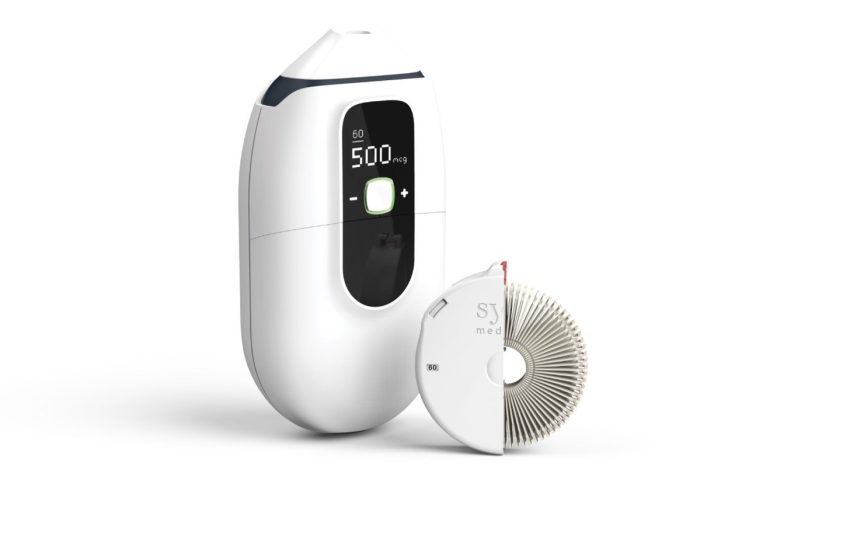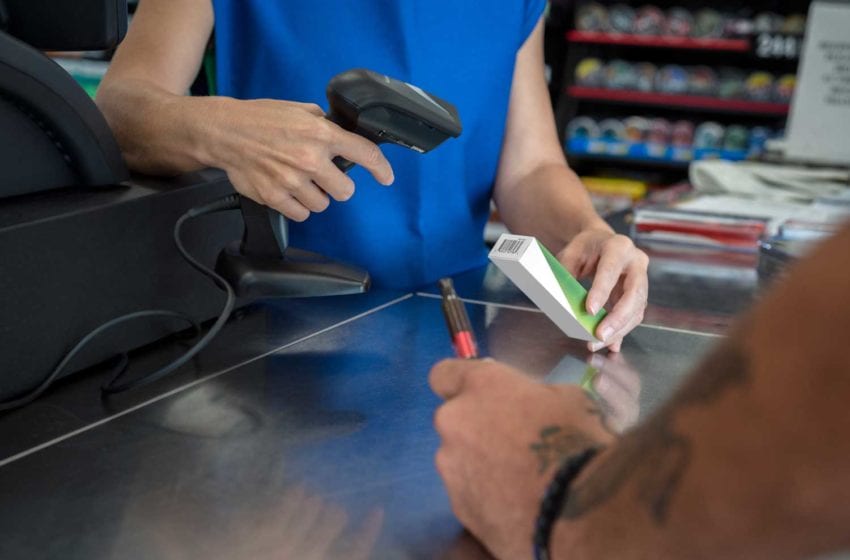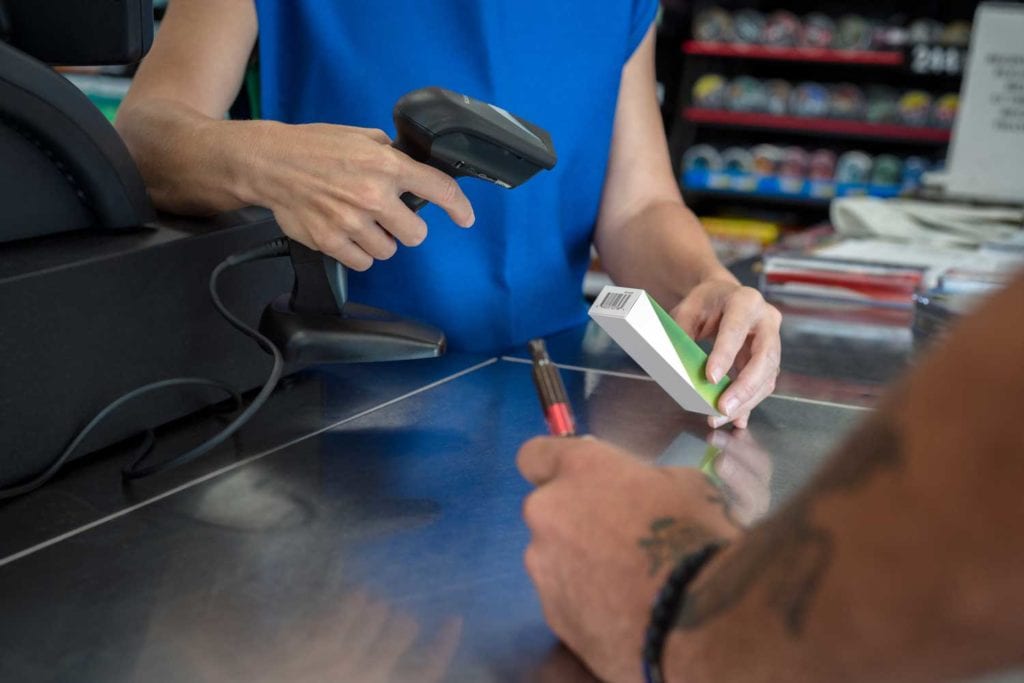Representatives from Philip Morris International (PMI) have begun pitching the benefits of its IQOS heated tobacco device to Nevada state lawmakers. The cigarette maker hopes Silver State legislators will pass a bill next year to tax heated tobacco at a lower rate than traditional cigarettes.
PMI is preparing to launch IQOS in the United States. As part of those efforts, PMI has hired lobbyists in multiple states, including Nevada, according to media reports. The company has postponed the test launch of IQOS in the U.S. to the fourth quarter. The company declined to say why. The pilot was earlier scheduled to run in Austin, Texas, in the second quarter.
Anti-tobacco activists have been seeking to derail the U.S. introduction of IQOS, arguing among other things that PMI exaggerates the number of people who have quit smoking regulator cigarettes using IQOS.
PMI director of Scientific Engagement Brian Erkkila explained how IQOS works in a presentation on Tuesday to Nevada’s Joint Interim Standing Committee on Revenue. While no specific legislative asks were made Tuesday, Eddie Ableser of Tri-Strategies — the Nevada-based government affairs firm working with PMI — told lawmakers the company is looking to start a conversation about how the product should be taxed.
“The intent is not a complete absolution of harm,” he told the lawmakers. “It’s harm reduction. How do we move and target the current cigarette smokers in Nevada? How can we move them onto a harm reduction product that helps them?”
He added, “We develop tax policy generally to motivate consumers one way or the other.”
Nevada tax policy does not consider heated tobacco products such as IQOS as other tobacco products (OTPs), which includes vaping devices, and they are taxed at 30 percent of the wholesale price. However, most tax codes generally consider heated tobacco products to be traditional cigarettes.
In Nevada, cigarettes are taxed the equivalent of $1.80 per pack. According to the anti-nicotine nonprofit Truth Initiative, Nevada is in the middle of the pack (25th highest) when it comes to tax rates for cigarettes.
According to the Organized Crime and Corruption Reporting Project, PMI has successfully lobbied at least 10 countries to tax heated tobacco products at a lower rate than traditional cigarettes, using the argument that the product is far less harmful and less worthy of any kind of “sin tax.”
PMI launched IQOS in Japan a decade ago and has since expanded into dozens of other countries. According to Alexandra Wich, a senior manager of state regulatory and public policy at PMI, intellectual property litigation has kept the product out of the U.S. market, but those issues have been resolved.
The U.S. Food and Drug Administration gave PMI permission to market their products as reducing exposure to the harmful chemicals produced by combustible cigarettes, concluding that “the net population-level benefits to adult smokers outweigh the risks to youth.”



